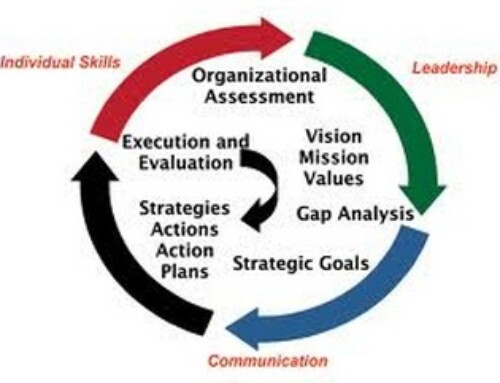 We can learn from Mike Wise’s mistake
We can learn from Mike Wise’s mistake
As we engage in Twitter, Facebook, Linkedin and blogging, we have all become journalists. Most of us have never been trained in the “rules” of journalism. We haven’t been trained on the code of ethics for journalism. When we get in to Twitter, it sometimes feel like we’re all by ourselves and nobody really ties our posts back to our “real” lives.
NOT TRUE – just ask Mike Wise, sports reports from the Washington Post. He created afalse post about an athlete in his Twitter Account as an “experiment”. He deliberately posted a false story just to see what major news sources would pick it up. His plan was to post the false story, then quickly create another post that would dispel the myth and make the first post a joke. The only problem was Twitter was over capacity and thus the second post never made it to print.
The result was disastrous for Mike Wise. He was suspended for a month from the Washington Post and nearly lost the prestigious position completely. He has created a major credibility loss for his own career in the process. He said on CNN’s Reliable Sources program this morning, “it took me 10 seconds to write the post and it destroyed 20 years worth of credibility”. He is very sorry for the mistake he made, but he recognizes no apology is going to undo the damage.
In the real estate industry, we need to be really careful of what we say too. It is important for us to stop and think before we post a “rant” when we’re having a bad day. It is critical to try to consider both sides of a story before we talk about it publically. If there’s anything that can be considered defamatory simply don’t post it. Here’s another dangerous behavior. If you are attending a meeting where confidential information is being shared, be sure to ask for permission before publishing it. You can destroy relationships forever if you share something that was intended for your ears only. If you are hosting a confidential meeting be sure to say you are a “Facebook/Twitter-free” zone – make it clear this information is not to be shared. You will have a more defensible position if someone does breach confidentiality.
Some posts are not obviously defamatory, but they may be unsubstantiated and damaging. Do not talk about one of your colleagues/competitors on line EVER! Remember, back to what your grandmother told you – if you can’t say something nice, don’t say anything. The same holds true online. If you have issues with a colleague, then address them directly with real human communication – don’t hide behind the Internet.
If you need help with training your staff about how to appropriately work with social media, you can contact firms like Privacy Solutions
who can help you buid privacy policies or refer to Fran Thorsen’s Social Media Policy Manual
Since I spent a lot of my career in large corporations like Fisher-Price where lawyers review everything you say before you say it, it took me awhile to adjust to the free-wheeling nature of social media. I am most comfortable posting stories backed with solid data. In essence, I like to follow journalistic standards of substantiation. Of course I bring opinions to the table as well, but I try to be as careful as I can not to make sweeping conclusions or allegations without solid research or experience behind me. There’s a fine line we all need to walk in our new world of transparency. You need to have the courage to share your insights while still being considerate of the needs and reputations of others.
Good luck finding your own appropriate online “voice”.




